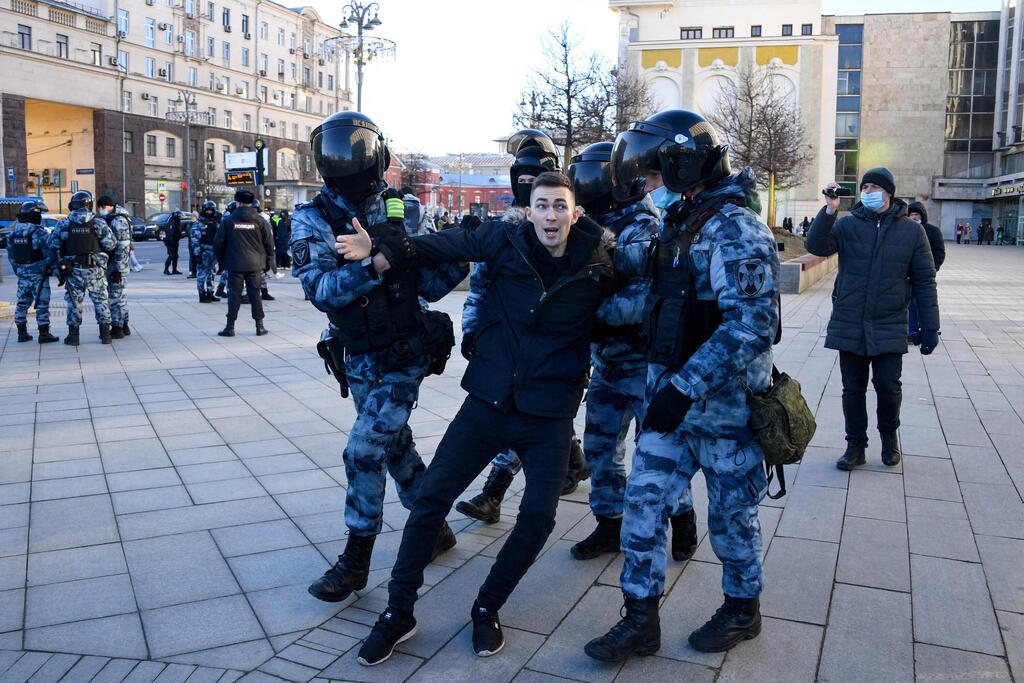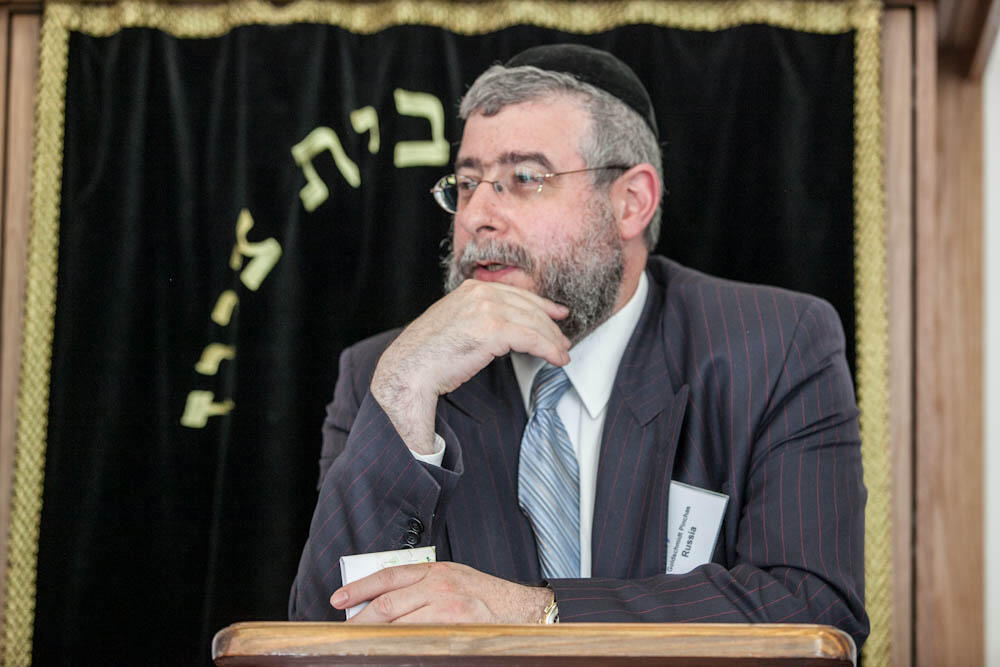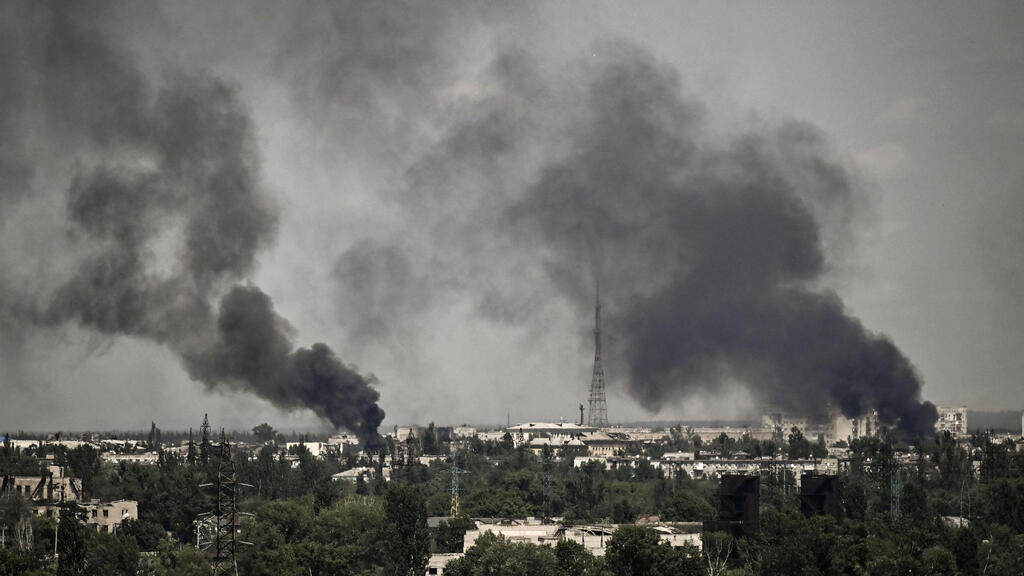Getting your Trinity Audio player ready...
Moscow's chief rabbi Pinchas Goldschmidt, was under pressure to publicly support the war in Ukraine by Russian authorities, and opted to leave the country, Jewish sources told Ynet on Tuesday.
Rabbi Goldschmidt left the Russian capital a short time after Russia invaded Ukraine some 3 months ago, and in an official statement said he returned to Israel to be with his sick father.
However, officials who attended the annual Conference of European Rabbis in Munich revealed that Rabbi Goldschmidt was under heavy pressure to support Russia's invasion of Ukraine.
The rabbi has served as in Moscow for the last 33 years and is also the President of the Conference of European Rabbis.
In the first few weeks after his departure, Goldschmidt stayed in various capitals in Eastern Europe, while helping Jewish refugees who escaped from Ukraine, but later traveled to Israel and has since been here since.
Officials in the Russian Jewish community said that because Goldschmidt has been helping refugees from Ukraine in recent months, he is afraid to return to Moscow.
Rabbi Goldschmidt refused to comment on the allegations that he was forced to leave Russia due to his refusal to publicly support the war.
Against the background of sanctions on Russia and the country's economic situation, members of the Jewish community revealed that thousands of Jews were leaving Russia for Israel, Dubai, and other places.
"Some members of the community already left, and some of the people are preparing to leave at any moment, there is a wild immigration from Russia," the community's officials said.
"Being a Jew in Russia is living with a lot of concerns. The big question a Jew may ask himself is - when I'm ready to leave, will it be possible or not? Will the iron curtain appear as it had in the past? Will there be flights out of Russia?"
3 View gallery


Russian security personnel arrest protesters demonstrating against the invasion of Ukraine
(Photo: AFP)
"The community is stressed and struggling, the sources said. "There's much concern. If you have children and you're a parent, you ask yourself one question: What will the life of my children and grandchildren look like in a few years?"
"Currently, the answer is that their lives will probably be harder. In a lot of ways, it's like going back to the Soviet Union and living behind the iron curtain. No flights and most embassies are left without personnel that can issue a visa to the West. If you open your mouth against the war, they arrest you and open a criminal case against you. Members of the city who spoke out against the war were taken, and some Jews were also arrested in protests," they said.



